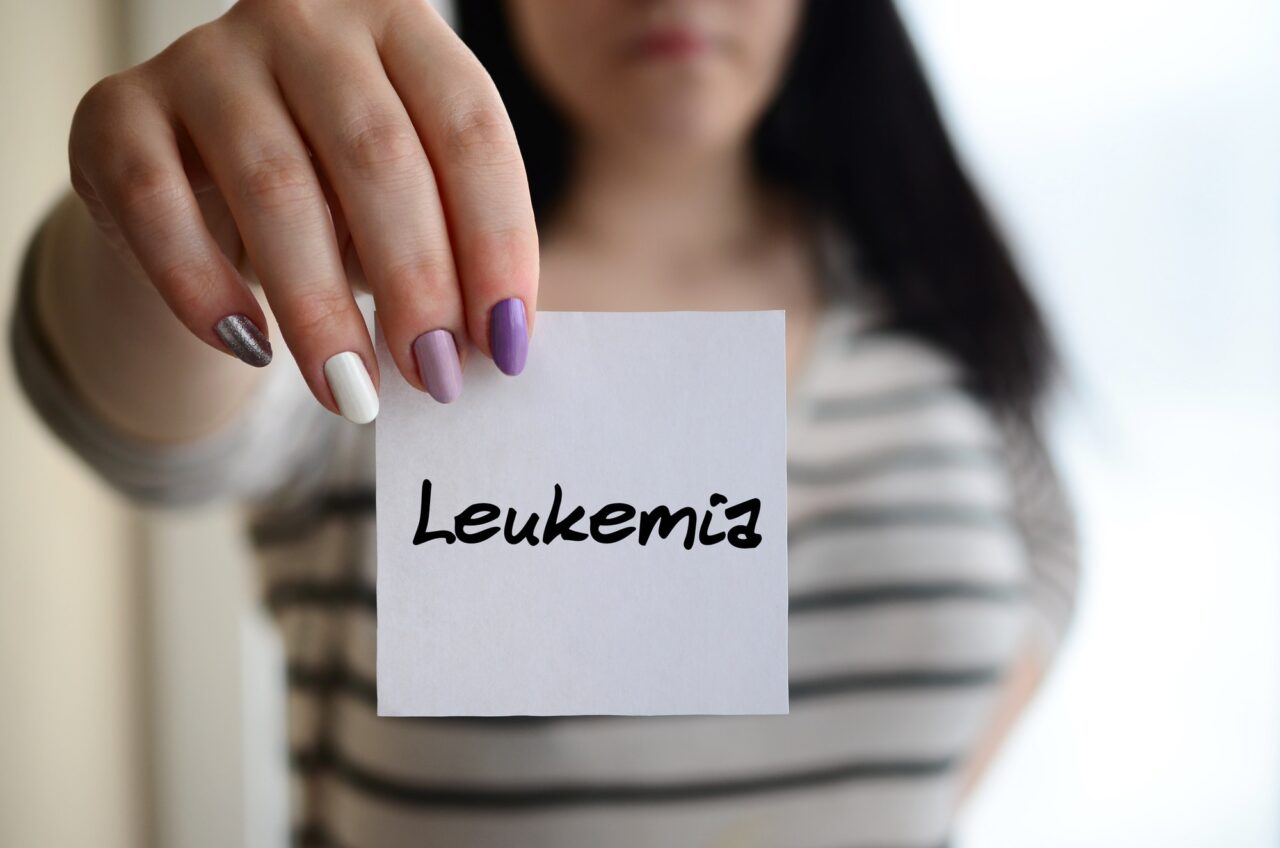Acute myeloid leukemia (AML) is the most common leukemia in adults and, despite advances in targeted therapies, is associated with poor prognoses. Immunotherapy has shown promise, especially in combination with chemotherapy.
A research team led by V. Lokesh Battula, Ph.D., demonstrated that the immune checkpoint protein B7-H3 may serve as a potential immunotherapy target in patients with AML. The team found elevated expression of B7-H3 to be associated with poor treatment outcomes in patients with AML. In preclinical studies, researchers demonstrated that blocking B7-H3 with a novel monoclonal antibody enhanced natural killer (NK) cell-mediated killing of AML cells.
Additionally, treatment with the monoclonal antibody and human NK cells increased survival in patient-derived xenograft models.
These results suggest that targeting B7-H3 may be a therapeutic strategy for high-risk, B7-H3+ AML patients. Next, researchers plan to generate a fully-humanized version of the monoclonal antibody for therapeutic applications in AML and B7-H3+ solid tumors.


